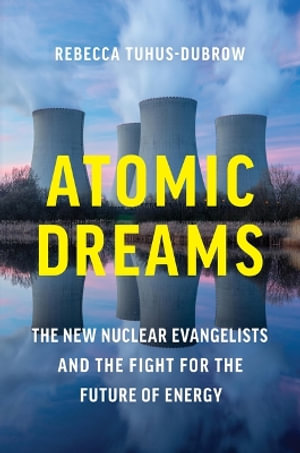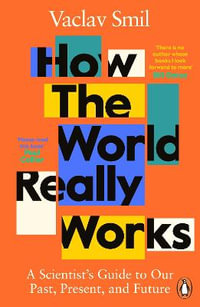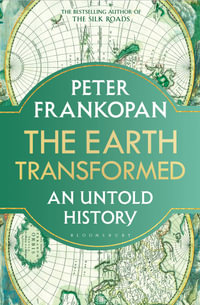
Atomic Dreams
The New Nuclear Evangelists and the Fight for the Future of Energy
Hardcover | 8 April 2025 | Edition Number 1
At a Glance
Hardcover
RRP $55.00
$52.40
or
Available: 8th April 2025
Preorder. Will ship when available.
ISBN: 9781643753157
ISBN-10: 1643753150
Available: 8th April 2025
Format: Hardcover
Language: English
Number of Pages: 288
Publisher: Workman
Country of Publication: GB
Edition Number: 1
Dimensions (cm): 22.9 x 15.2
Weight (kg): 0.45
Shipping
| Standard Shipping | Express Shipping | |
|---|---|---|
| Metro postcodes: | $9.99 | $14.95 |
| Regional postcodes: | $9.99 | $14.95 |
| Rural postcodes: | $9.99 | $14.95 |
How to return your order
At Booktopia, we offer hassle-free returns in accordance with our returns policy. If you wish to return an item, please get in touch with Booktopia Customer Care.
Additional postage charges may be applicable.
Defective items
If there is a problem with any of the items received for your order then the Booktopia Customer Care team is ready to assist you.
For more info please visit our Help Centre.
























